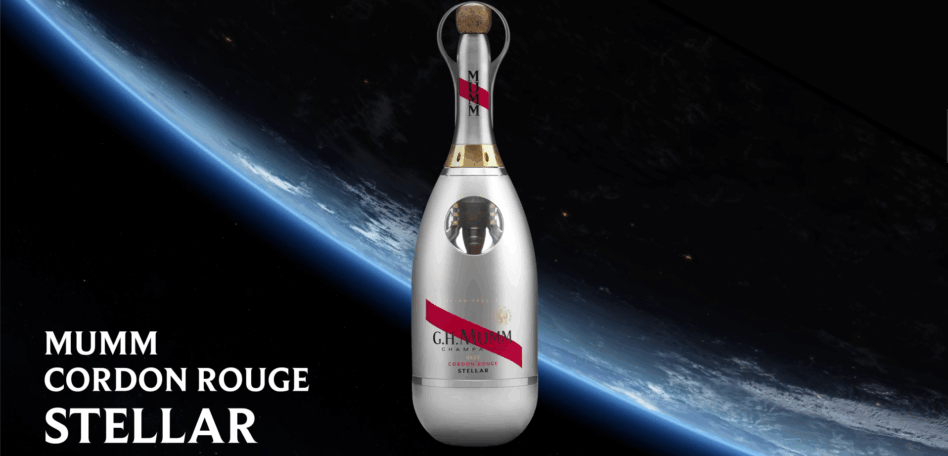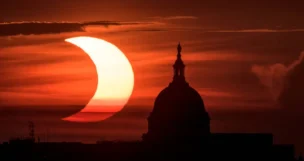Space tourism is here and, as anyone who has been to a resort knows, where tourists go, a cocktail or two isn’t far behind.
One expert working at the intersection of the space and alcohol industries is arguing that government officials should think about the regulatory, safety, and human health aspects of alcohol in orbit now, before the first toast is proposed in space.
“I am a commercial space person through and through; I want to foster entrepreneurism,” Colleen McLeod Garner, an associate at Paragon Space Development Corporation who previously worked in the spirits industry, told Payload.
“But you have to be responsible,” she continued. “If we are making spirits there, if we are consuming spirits there, how are we disposing of spirits there? These are safety things. This is not to squash anyone’s dreams. This is to say you can’t just go up there and use lead pipes to make bathtub gin.”
How we got here: Alcohol consumption is banned on the ISS, and most people in space today are still government astronauts, spending taxpayer-funded time in orbit to conduct important research, who would be subject to that.
However, the industry is already starting to think about non-civil servants seeking the opportunity to live off-world—and perhaps unwind there with a drink after work.
- People in the alcohol industry are experimenting with producing or storing drinks in space, including two efforts this year: flying a champagne bottle designed for space aboard Axiom Space’s Ax-4 mission, and sending an experiment to study fermentation in orbit to the ISS.
- Hilton is a partner on the Starlab space station, suggesting that space travel is moving beyond science to the hospitality industry.
A three-peat: McLeod Garner has written three white papers on the subject, which she calls the Intergalactic Imbibing Series—the last of which was published today.
- The first looks at the need for a responsible framework to cover alcohol production and consumption in space now, including a history of alcohol in space.
- The second calls for a study of how alcohol will affect the human body in microgravity.
- The third puts forward a set of guiding principles, pulling inspiration from the aerospace community with an added focus on protecting the space environment.
Ultimately, McLeod Garner argues that prohibition isn’t the right answer. She points to America’s attempt to ban booze in the 1920s and early 1930s, which just drove consumption behind the curtain into an unregulated market.
“When we talk about building a sustainable human presence on Mars, we can’t stop at rockets, satellites, and power,” she writes. “We must also plan for how humans will live, celebrate milestones, and sustain cultural traditions in off-world environments. Leisure, hospitality, and yes, alcohol policy belong squarely in that conversation.”
Rules of the road: McLeod Garner put forward a proposed series of regulations to help drive the conversation, including:
- Creating an interagency group on the issue to allow cooperation between the Bureau of Alcohol, Tobacco, Firearms and Explosives, the FAA, NASA, and other agencies;
- Banning alcohol for at least 12 hours before any safety-critical operations;
- Treating alcohol as a flammability risk, and testing food and beverages pre-flight for off-gassing;
- Establishing regulations for missions with crews from different countries, where the perception of alcohol may differ.
“The payoff:…we make space feel like a place to live, not a stunt,” she writes. “That is the bridge from tourists to towns: from a few lucky flyers to millions of people living and working off-world.”





